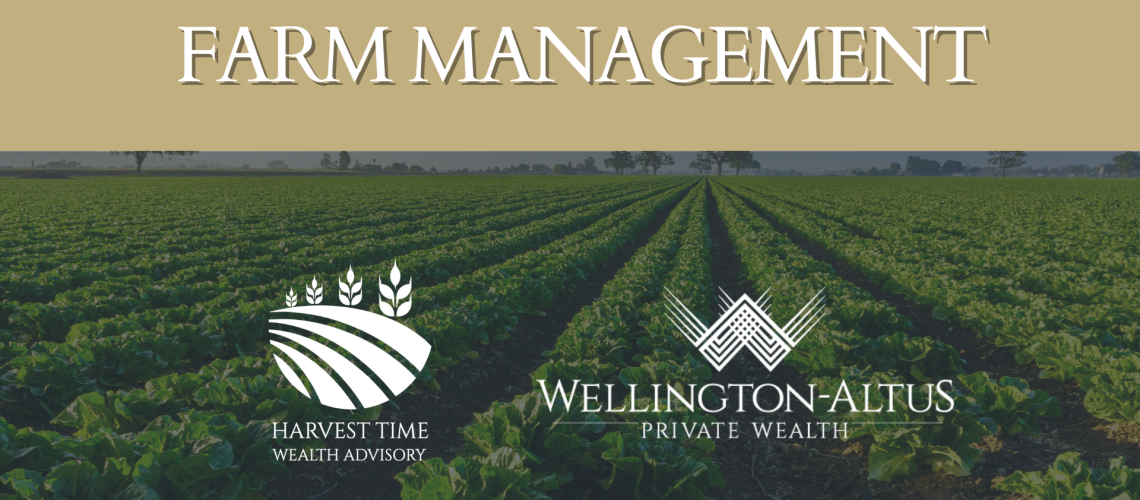Strategic Farm Structure and Income Planning: Securing Financial Stability Ahead of Time
In the realm of agriculture, strategic planning is essential for sustainable farm operations and long-term financial stability. Establishing an efficient farm structure and income planning strategy before challenges arise is crucial for mitigating risks and ensuring prosperity. This article highlights the significance of proactive farm structure and income planning, emphasizing the benefits of early action in securing financial stability for farming businesses.
The Importance of Farm Structure and Income Planning:
Farm structure and income planning are foundational elements that shape the financial trajectory of agricultural businesses. A well-designed structure determines the organization’s efficiency, productivity, tax implications, and succession plans. Establishing income planning strategies ensures a consistent revenue stream and financial resilience amid market fluctuations and unforeseen circumstances.
Assessing Farm Structure for Efficiency and Growth:
Evaluating the farm’s structure involves examining its legal, financial, and operational frameworks. Assessing the business structure, ownership arrangements, and organizational hierarchies allows for optimization, ensuring efficient operations, and clear delineation of responsibilities among stakeholders.
Diversification and Income Streams:
Diversifying income streams mitigates risks associated with dependency on a single revenue source. Incorporating various agricultural products, exploring value-added production, agritourism, or renewable energy initiatives can supplement income and bolster financial stability in farming operations.
Tax Planning and Financial Management:
Effective tax planning is integral to farm income planning. Strategizing around tax deductions, credits, and deferral mechanisms tailored for the agricultural sector minimizes tax burdens and optimizes cash flow. Professional financial management ensures resources are allocated efficiently, supporting both short-term needs and long-term goals.

Succession Planning for Continuity:
Establishing a robust succession plan secures the farm’s continuity and mitigates family disputes. Early consideration of successors, ownership transfers, and estate planning facilitates a seamless transition, ensuring the legacy of the farm continues while maintaining financial stability.
Implementing Risk Management Strategies:
Identifying and mitigating risks is vital in farm structure and income planning. Utilizing insurance products, developing contingency plans for market fluctuations, weather-related challenges, or regulatory changes safeguards the business against unforeseen disruptions.
Proactive farm structure and income planning are instrumental in fostering financial stability and resilience within agricultural operations. By assessing and optimizing farm structures, diversifying income streams, implementing tax-efficient strategies, and preparing for succession, farmers can secure the future of their businesses. Engaging in strategic planning ahead of time mitigates risks and positions farming businesses for sustainable growth and long-term success.
At Harvest Time Wealth Advisory/Wellington-Altus Private Wealth, our emphasis lies in fostering collaborative partnerships with specialized legal, financial, and agricultural advisors, particularly those well-versed in farm management. This collaboration is pivotal as it ensures adherence to regulatory standards, unlocks potential financial opportunities, and facilitates ongoing review and adjustment of strategies, aligning with the evolving needs of our clients’ businesses. By engaging in continuous dialogue and leveraging expert insights, we offer a dynamic approach that evolves in tandem with your business, ensuring strategies remain optimized and responsive to changing circumstances.


